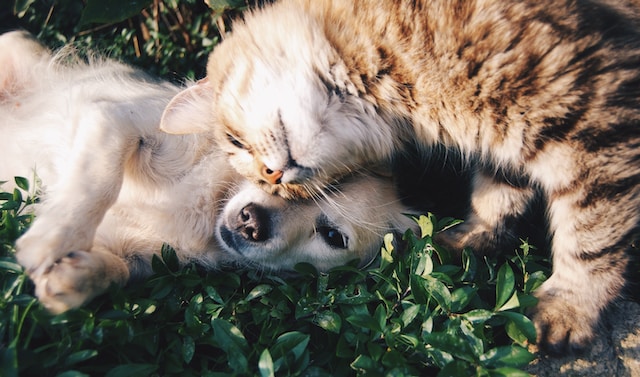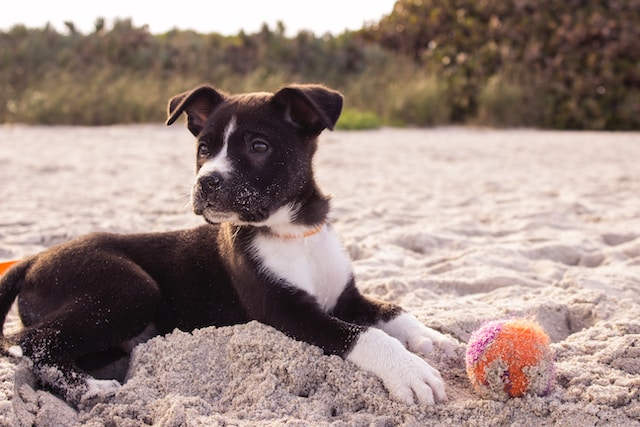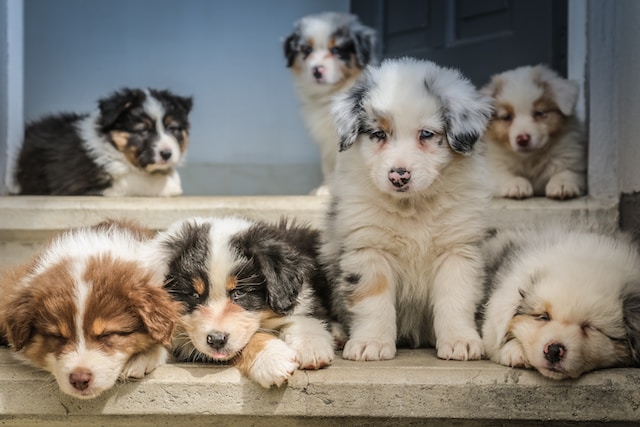
Puppy Training 101: Tips for a Well-Behaved Furry Friend
Bringing a new puppy into your home is an exhilarating and heartwarming experience. Those soulful eyes, the wagging tail, and the boundless energy can melt anyone’s heart. However, with all that cuteness comes a fair share of challenges, including the need for proper training. Whether you’re a first-time puppy parent or a seasoned dog owner, this guide will provide you with essential tips and techniques to ensure your furry friend becomes a well-behaved member of your family.
Welcome to Puppy Parenthood
Welcoming a puppy into your life is akin to bringing in a new family member. It’s a commitment that involves love, care, and responsibility. The first step in puppy training is understanding this commitment and being prepared for the journey ahead. Puppies require time, patience, and consistency, so mentally prepare yourself for this adventure.
The Importance of Early Training
Puppies are like sponges, eagerly absorbing everything around them. This makes early training essential. The behaviours your puppy learns during the early months will shape their character and habits in adulthood. Positive experiences and training during this critical period set the stage for a well-rounded, confident, and obedient dog.
Basic Puppy Commands
Basic commands are the foundation of puppy training. Teaching your pup commands like “sit,” “stay,” and “come” not only makes your daily interactions smoother but also ensure your dog’s safety. These commands are relatively easy to teach and can be integrated into everyday activities.

Positive Reinforcement Techniques
The old adage ” catch more flies with honey than vinegar” applies wonderfully to puppy training. Positive reinforcement involves rewarding your puppy for good behaviour with treats, praise, or toys. This technique encourages your pup to repeat desired actions, making training a joyful and rewarding experience for both of you.
Crate Training and Housetraining
Crate training is a valuable tool in teaching your puppy boundaries and providing them with a safe, comfortable space. It aids in housetraining by teaching your pup to “hold it” until you take them outside. Crate training also prevents destructive behaviours and keeps your puppy out of trouble when you can’t supervise them.
Socialization Skills
Socialization is an integral part of puppyhood. Proper socialization builds your dog’s confidence and reduces the likelihood of behavioural issues later on. It’s crucial to start early and expose your pup to as many positive experiences as possible.

Handling Behavioral Challenges
Puppies, like children, can exhibit challenging behaviours. Biting, chewing, and excessive barking are common issues. Understanding the reasons behind these behaviours and employing appropriate training techniques can help you overcome these challenges effectively and with compassion.
Obedience Classes and Professional Training
While some puppy parents are adept at training their dogs at home, others may benefit from enrolling in obedience classes or seeking the help of a professional dog trainer. These options provide structured training and expert guidance, ensuring your puppy receives the best education possible.
Patience, Love, and Consistency
No training method can replace the power of patience, love, and consistency. Building a strong bond with your pup through positive interactions and understanding their individual needs will ultimately lead to a well-behaved and happy companion.
Final Thoughts
In conclusion, puppy training is a rewarding journey that strengthens the bond between you and your furry friend. Remember, every puppy is unique, and progress may vary. With dedication and the right approach, you’ll have a well-behaved and cherished member of the family for years to come. Enjoy the puppy years—they pass by all too quickly.
